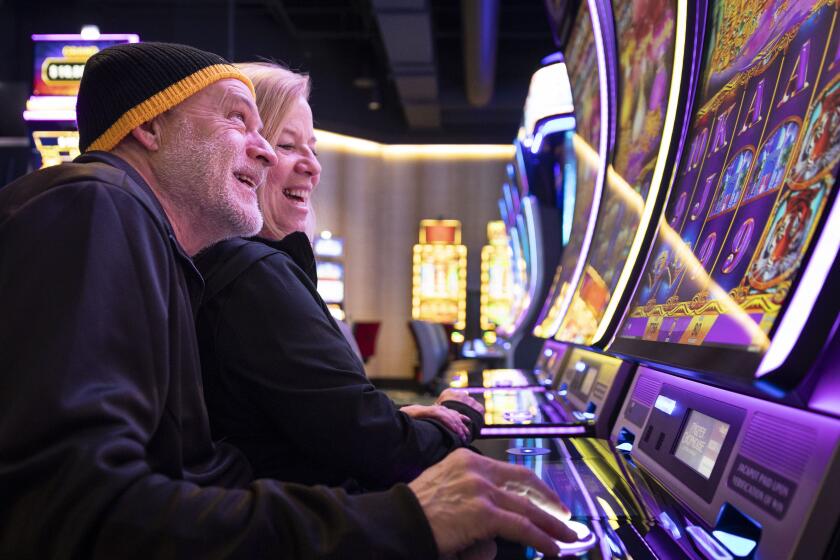California’s horse racing industry is facing significant challenges, and recent events have revealed the state’s tough stance on efforts to introduce new revenue streams. Attorney General Rob Bonta opposed the legalization of daily fantasy sweepstakes, highlighting the strong influence of Indigenous tribes in California’s gambling sector. Bonta’s support for tribal sovereignty, coupled with rare public remarks from key tribal leaders, complicates efforts to bring historic horse racing machines to Southern California, which could otherwise boost revenues.
Nationwide, the sport is in decline, with fewer foals being bred, shrinking fanbases, and limited betting activity suggesting the industry is on the verge of extinction in California. Although funds bet at venues like Santa Anita saw slight increases after Northern California tracks closed, the idea is that major Southern California tracks could benefit by capturing the redirected betting dollars.
Several solutions have been proposed over the years, including introducing historic horse racing machines that resemble slot machines to attract more bettors. However, the main question remains: how to effectively implement these machines. In February, The Times detailed five possible strategies for adding historic horse racing machines in California, but only one or two are currently feasible. These include negotiating with tribes, installing machines without tribal permission, seeking legislative approval, or working with a single tribe instead of all.
Tribal gaming dominance in California is legally and culturally entrenched. Federal law grants tribes control over gaming on their lands, and state laws restrict permissible gambling types, reserving slot machines mainly for tribes. Proposition 1A, passed in 2000, further solidified the exclusive rights of tribes to operate slot machines, and past attempts to expand gambling beyond tribal operations have been overwhelmingly rejected by voters.
The tension between the racing industry and tribes is palpable. The Indian Gaming Association criticizes the state for ignoring illegal gambling that undercuts tribes, while some tribal leaders express skepticism about the viability of historic horse racing machines and doubt that the struggling racing industry can compete politically with tribes. Proposed revenue splits from these machines—where tribes would retain the bulk of profits—are met with uncertainty from tribal representatives.
Behind-the-scenes negotiations and communications remain highly confidential. While some industry leaders claim ongoing discussions with multiple tribes, others question the effectiveness or seriousness of these talks. The California Horse Racing Board (CHRB) is not directly involved in policy making but would likely regulate any historic horse racing activity. Legal experts believe that with proper regulation, CHRB could approve these machines, but political resistance from tribes presents a significant hurdle.
Past controversies surrounding key industry figures, such as Keith Blackpool’s criminal plea related to a water mining project opposed by a tribe, add to the difficult relations between racing interests and tribal communities. Attempts by racing groups like the Stronach Group to gain support from the Attorney General against tribal opposition have not succeeded.
Experts warn that simply adding historic horse racing machines won’t save the industry. The shrinking number of bettors and the need for external financial support make the current economic model unsustainable. The future likely hinges on whether the industry can navigate the complex political and legal landscape shaped by tribal sovereignty and state law.
The idea of negotiating with just one tribe remains on the table, but this risks alienating other tribes. Tribal leaders view any incursion as a threat to their exclusive gaming rights and are prepared to challenge illegal expansions in court. Most insiders agree that pushing historic horse racing machines in California faces an uphill battle, with little immediate hope for relief.
This news is crucial to horse racing fans because it highlights the precarious state of the sport in California, where legal and political dynamics are key to its survival. If historic horse racing machines cannot be implemented, fans may face a future with fewer racing opportunities and diminished industry vitality statewide.



